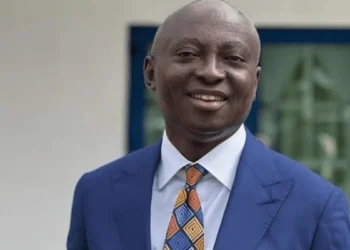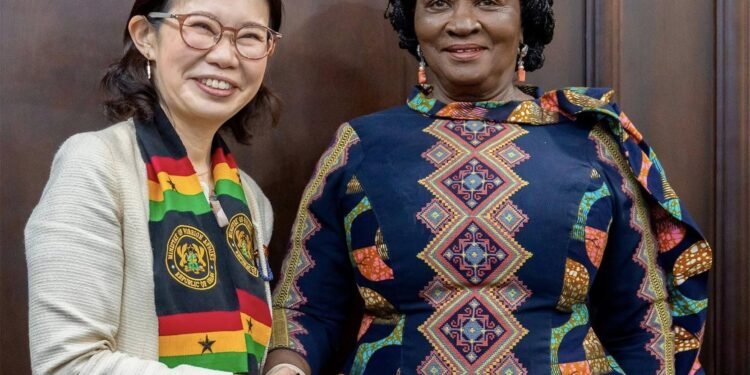Professor Kwesi Aning, the Director of the Faculty of Academic Affairs & Research at the Kofi Annan International Peacekeeping Training Centre, has raised concerns about the extreme politicization of the crisis resolution interventions in Bawku in the Upper East Region.
Reacting to the recent killing of three civilians which has resurrected the tribal conflict in the Bawku Municipality, Professor Aning emphasized the urgent need to depoliticize efforts and focus on addressing the root causes of the conflict for a more effective and sustainable resolution.
According to Professor Aning, the unfortunate aspect of the Bawku crisis is the tendency by the two main political parties in the country to approach conflict resolution differently based on their political affiliations when in power.
“I think the unfortunate part of this Bawku crisis has been extreme politicization of the resolution interventions. If it is Party A that is in power, their approach to resolving the conflict is different from Part B. But the root of the conflict is the same”
Professor Kwesi Anning
He posited that regardless of which party is in power, the core issues underlying the conflict remain the same and hence the risk of overlooking these root causes by successive governments has allowed the conflict to fester, becoming intractable and susceptible to exploitation by individuals pursuing personal gains.
Furthermore, the former senior consultant to the Department of Political Affairs (DPA) of the United Nations in New York stressed the need for a comprehensive understanding of the root causes of the conflict to develop effective intervention options.
According to him, the danger of allowing political considerations to overshadow the true nature of the problem is that it hinders the development of consensus on appropriate interventions.
Highlighting the urgency of the matter, Professor Aning pointed out that when consensus is achieved on intervention strategies, there must be a commitment to pursue these strategies to their legitimate end.
This approach, he believed, is essential for achieving a sustainable resolution that addresses the root causes of the conflict and prevents further exploitation for personal or political gains.
Professor Kwesi Aning further emphasized the importance of looking beyond political considerations and prioritizing a comprehensive understanding of the conflict’s root causes.
According to him, such an approach would ultimately pave the way for a more inclusive, sustainable resolution that promotes peace and stability in the region.
Bawku Municipal Chief Executive Advocates Unified Approach for Lasting Peace
Meanwhile, the Municipal Chief Executive (MCE) of Bawku, Amadu Hamza Zanga, has called for a comprehensive and unified approach to address the complex challenges facing the municipality.
Expressing his concern over the extreme difficulties in maintaining peace in Bawku, the Municipal Chief Executive for the Bawku Municipality, Mr Zanga emphasized the need to transcend political and ethnic divides for the greater good of the community.
Mr Zanga acknowledged the challenges faced by the police and military in Bawku, emphasizing that the strategies employed are consistent with those used in peacekeeping missions outside the region.
He underscored the necessity for a comprehensive approach, asserting that it is time for politics to take a back seat in the pursuit of lasting peace.

Highlighting the urgency of the situation, Mr Zanga urged the residents of Bawku to act cooperatively and ensure strict adherence to measures that promote peace.
“The difficulty [in getting people to cooperate and resolve the conflict] is the lines we create. Every single tribe in Bawku tries to protect its own. When I come out as the MCE to speak on reports [gotten from security], you will find that one side affected by your speech is against you. I recall the other time that three persons were neutralised at the Mumprusi areas, they were all out against me.
“When it is time to come out to speak the Kusasis are against me. Personally, I don’t care, I am a leader and I’m going to ensure I do the right thing. My own uncle was shot including another person just because of breaking curfew hours, I have to ensure that I come out to speak the same language, so our job is a very difficult one, especially in Bawku”.
Amadu Hamza Zanga
Moreover, the Municipal Chief Executive for the Bawku Municipality also denounced the notion of treating Kusasis, Mumprusis, and Mossis differently, citing the segregation of the market as an example.
According to him, bringing these groups together in the same market fosters daily interaction, promoting dialogue and understanding among diverse communities.
READ ALSO: SDA Church Advocates for Election Date Amendment: Balancing Democracy and Religious Observance























